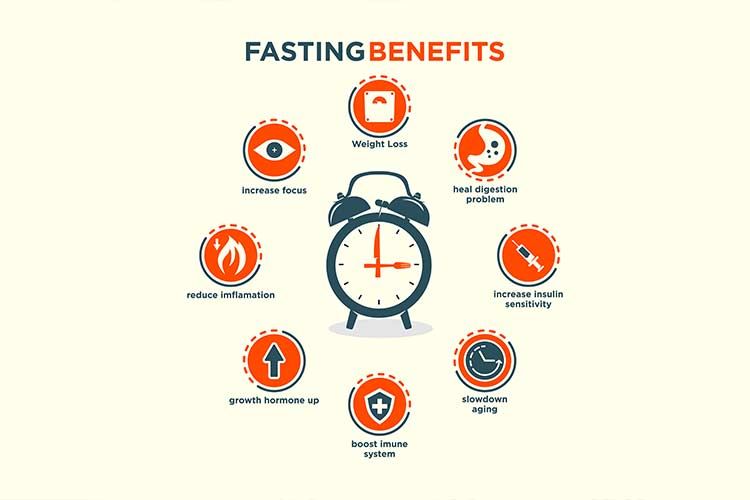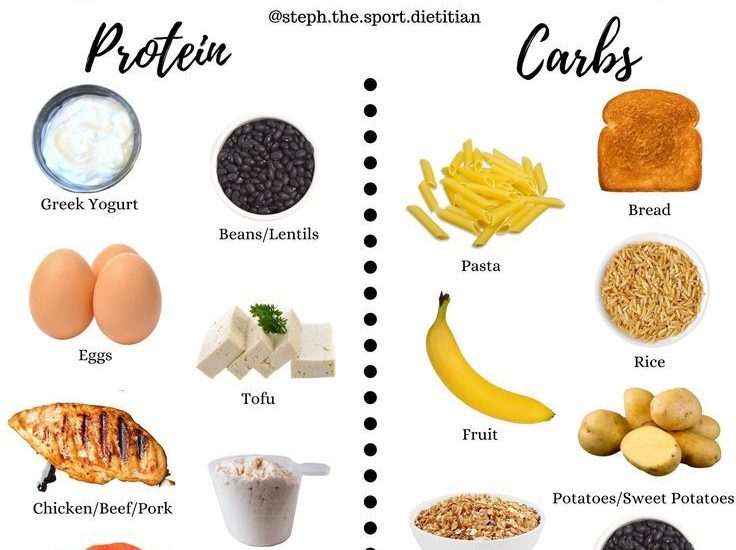Intermittent Fasting: Benefits, Risks & Schedules
Intermittent fasting has been gaining popularity in the health and wellness world as a method to improve overall health and aid in weight loss. This article will explore the benefits, risks, and various schedules of intermittent fasting, providing you with all the information you need to decide if this eating pattern is right for you.
Benefits of Intermittent Fasting
Intermittent fasting is more than just a diet – it’s a lifestyle change that can have numerous benefits on your overall health. Some of the key benefits of intermittent fasting include:
Weight loss: By restricting the window of time in which you eat, intermittent fasting can help you consume fewer calories and promote weight loss.
Improved insulin sensitivity: Intermittent fasting has been shown to improve insulin sensitivity, reducing the risk of developing type 2 diabetes.
Cellular repair: Fasting triggers the body to initiate cellular repair processes, which can help prevent various diseases and promote overall health.
Brain health: Some studies have shown that intermittent fasting can improve brain function and protect against neurodegenerative diseases like Alzheimer’s.
Risks of Intermittent Fasting
While there are many benefits to intermittent fasting, it’s important to consider the potential risks as well. Some risks of intermittent fasting include:
Increased hunger: Fasting for extended periods of time can lead to increased feelings of hunger, making it difficult to stick to a fasting schedule.
Nutritional deficiencies: Fasting may lead to a decrease in nutrient intake, potentially causing deficiencies in essential vitamins and minerals.
Disordered eating: For some individuals, intermittent fasting can lead to disordered eating patterns and an unhealthy relationship with food.
Impact on athletes: Athletes or those with high energy needs may struggle to meet their nutritional requirements while fasting, impacting their performance.
Intermittent Fasting Schedules
There are several different methods of intermittent fasting, each with its own unique benefits and challenges. Some popular intermittent fasting schedules include:
16/8 Method:
The 16/8 method involves fasting for 16 hours each day and consuming all of your meals within an 8-hour window. This is one of the most popular forms of intermittent fasting and is relatively easy to follow for many people.
5:2 Diet:
The 5:2 diet involves eating normally for five days of the week and restricting your calories to 500-600 on the remaining two days. This method can be effective for weight loss but may be challenging for some individuals.
Alternate-Day Fasting:
Alternate-day fasting involves alternating between days of normal eating and days of fasting or significantly reduced calorie intake. This method can be more challenging and may not be suitable for everyone.
Warrior Diet:
The Warrior Diet involves fasting for 20 hours each day and consuming all of your calories in a 4-hour eating window. This method may be more extreme but can be effective for some individuals.
Is Intermittent Fasting Right for You?
Ultimately, whether or not intermittent fasting is right for you will depend on your individual health goals, lifestyle, and preferences. It’s important to consult with a healthcare provider or nutritionist before starting any new diet or fasting regimen to ensure that it is safe and appropriate for your specific needs.
Intermittent fasting can be a powerful tool for improving your health and reaching your weight loss goals, but it’s not a one-size-fits-all solution. By understanding the benefits, risks, and different fasting schedules, you can make an informed decision about whether intermittent fasting is a good fit for you.
Remember, consistency is key when it comes to intermittent fasting. Stay committed to your fasting schedule, listen to your body, and make adjustments as needed to ensure that you are getting the most out of this popular eating pattern.
Whether you choose to try intermittent fasting or not, always prioritize your health and well-being above all else.


